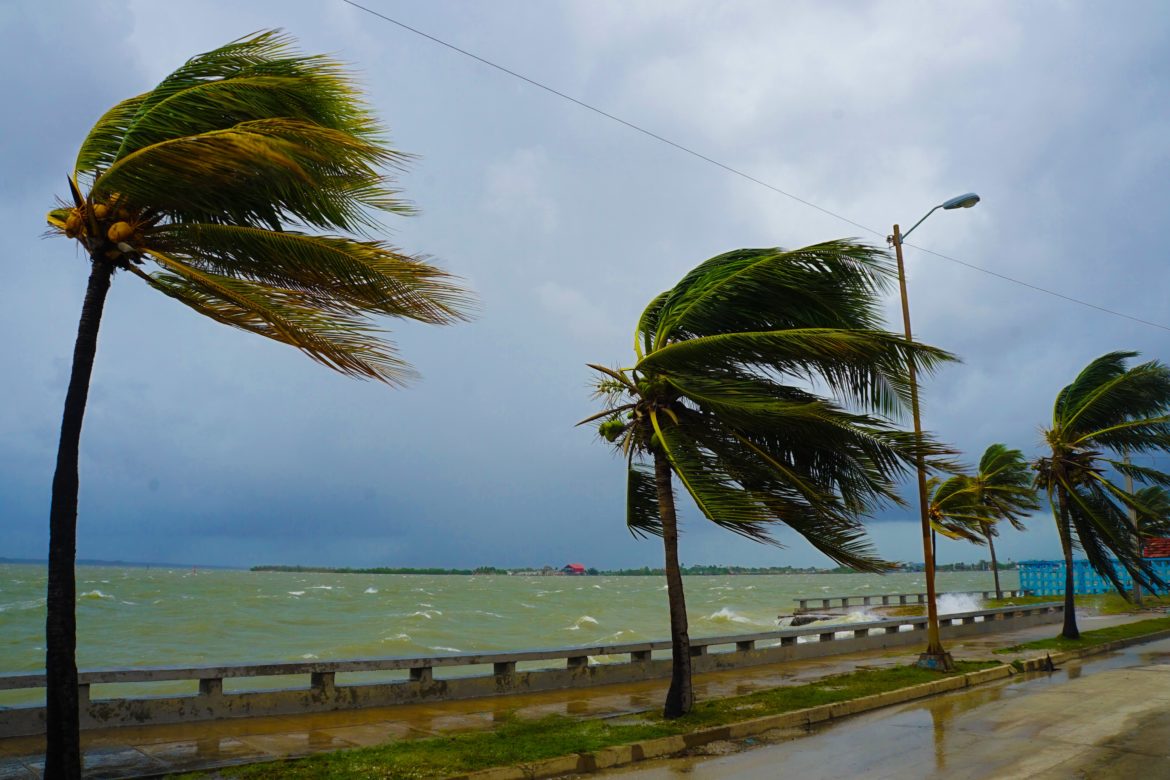
Q: A friend of mine owns a townhome in a coastal community in Florida. He asked the HOA board if they can come up with a storm shutter policy under Florida Statute 718.113. The board replied that the HOA is not a condo HOA, based on the declaration, hence 718.113 does not apply. Is there any law or pending law as far as non-condo HOA’s being required to write a storm shutter policy? (A.D., via e-mail)
A: No. Section 718.113(5) of the Florida Condominium Act requires each board of administration of a residential condominium to adopt hurricane shutter specifications for each building within each condominium operated by the association. The specifications must address permitted color, style, and may address “other factors deemed relevant by the board.”
There is no similar language in the Florida Homeowners’ Association Act, found at Chapter 720 of the Florida Statutes. Whether that law will ever be amended is an open question, though I have not heard of any initiatives on this point ever being brought to the Legislature. Regardless, hurricane shutters are often an item of interest in non-condominium communities as well.
A bit of history may help. Prior to 1991, case law in Florida permitted a condominium association board to prohibit unit owners from installing shutters on a building due to aesthetics. After Hurricane Andrew in 1992, it became clear that buildings with shutters fared better than those without. The initial amendments to the condominium statute basically stated that a condominium board could no longer prohibit shutters, but could specify style and colors that had to be used through specifications. However, the law today actually mandates a condominium board to adopt these specifications, though many condominium associations fail to comply with this requirement.
With the advent of impact glass and other technologies, the condominium statute on hurricane protection has been amended five times since its initial adoption. Generally speaking, these amendments have been aimed at giving a condominium association more power to mandate hurricane protection, including the introduction of a procedure where, after a majority vote of the owners in some cases, the board can install hurricane protection. Owners who already had code compliant hurricane protection of like kind are entitled to a credit and basically excused from the assessment.
The reason there has been less interest on the legislative front from the homeowners’ association side probably stems from the fact that a significant percentage of communities governed by homeowners’ associations are subdivisions consisting of lots with freestanding single family homes constructed on them. In this type of situation, there is really no compelling interest of the association in “protecting one neighbor from the other” as far as hurricane damage. Rather, I have found that the primary interest in these communities is aesthetics, which can usually be addressed through architectural standards adopted by the homeowners’ association in conformance with the requirements of the governing documents.
In short, while the law does not require your friend’s board to adopt standards for hurricane shutters, it may have the authority to do so if the governing documents grant the board sufficient rulemaking authority and if the standards are reasonable. If the board does not adopt such standards or have the issue otherwise regulated in the governing documents, it is pretty much an “anything goes” situation.
I have found that the most controversial issue in the homeowners’ association setting involves shutter deployment and removal standards. Many people like to use their shutters for privacy and shade, not just hurricane protection. Seasonal residents often want to leave their shutters deployed while they are away during the summer months and the height of hurricane season. Others object that a “shuttered community” is aesthetically displeasing and invites criminal elements by advertising that so many homes are vacant. The absentee owners also point out that when a major hurricane is coming, it may be difficult or impossible for them to find someone to come and ensure their property is protected.
Joe Adams is an attorney with Becker & Poliakoff, P.A., Fort Myers. Send questions to Joe Adams by e-mail to jadams@beckerlawyers.com. Past editions may be viewed at floridacondohoalawblog.com.



